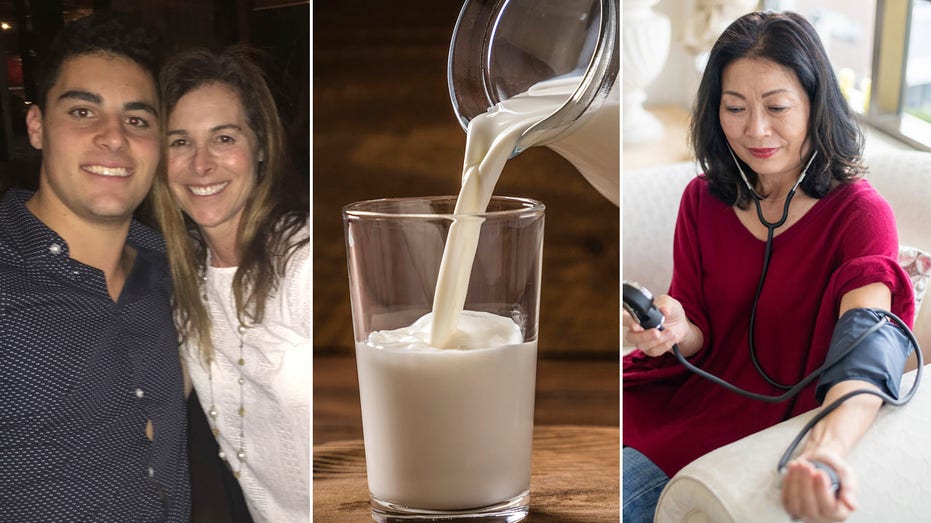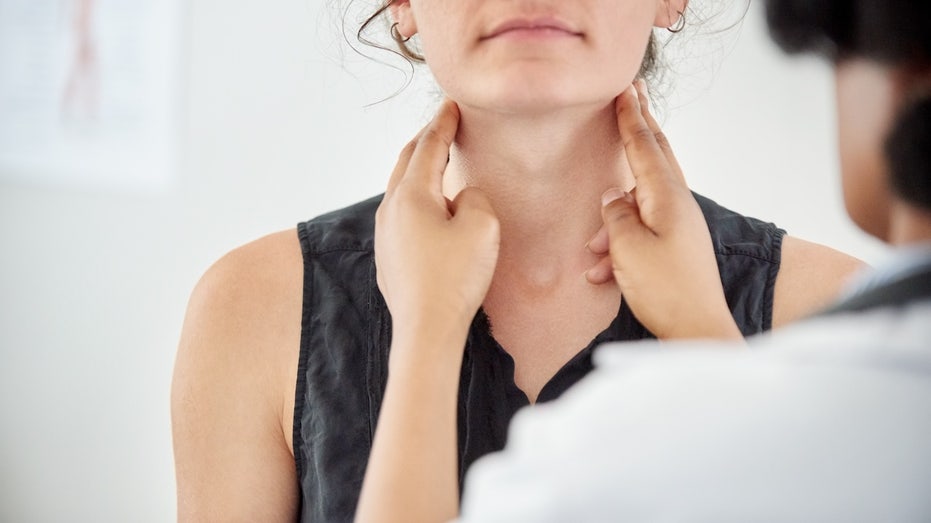Acne affects millions of Americans every year, sometimes causing stubborn scarring that can be difficult to clear. Certain vitamins, including vitamin A, can help clear acne scars, an expert told Fox News Digital.
Fifty million Americans deal with acne annually, according to the American Academy of Dermatology’s website. Acne is the most common of any skin condition and occurs at any age of life, though it typically begins during puberty.
When an acne breakout happens, there is a potential for scarring to follow. Acne scars can be difficult to clear and can impact self-esteem.
ADULT ACNE: DERMATOLOGISTS EXPLAIN ACNE TREATMENTS AND REVEAL MORE ABOUT THE SKIN CONDITION
“Acne is caused when the tiny hair follicles on your skin become blocked, and there’s a buildup of dead skin cells, debris and oily material deep in your pores. This forms a pus-filled bump, which ruptures and draws inflammation into the surrounding skin,” Dr. Ife J. Rodney, founding director of Eternal Dermatology + Aesthetics in Fulton, Maryland, told Fox News Digital via email.
“This inflammation damages both the collagen deeper in the skin as well as the surface cell layers,” Rodney added. “When the surface is damaged, you can get discoloration (brown or red spots), and when the collagen deep in the skin is damaged, you can get uneven texture and ‘ice-pick’ acne scarring.”
There is no one-size-fits-all solution for clearing acne scars. Each individual’s treatment is different.
several vitamins and minerals can help clear acne scars. Read below to learn more about them.
Zinc is a mineral that users may find helps reduce their acne scars.
CLICK HERE TO SIGN UP FOR OUR LIFESTYLE NEWSLETTER
It can be successful in clearing acne scarring by reducing oil production as well as inflammation of the skin, according to Rodney.
“It also helps with wound healing and collagen production, a key step in managing acne scarring,” Rodney said.
It’s important to be cautious when using zinc as too much can do more harm than good.
Too much zinc can cause a copper deficiency and acne breakouts due to a rise in testosterone levels, Rodney told Fox News Digital.
For more Lifestyle articles, visit www.foxnews.com/lifestyle
The Office of Dietary Supplements (ODS) recommends 8–11 milligrams of zinc daily. Check with a physician or dermatologist.
Vitamin C is abundant in fruits and vegetables and can be taken in supplemental form.
Vitamin C can help with acne scarring because “it brightens the skin and also enhances collagen production and helps your body repair damaged cells,” Rodney said.
To prevent acne scarring before it forms, it’s vital to avoid touching pimples. Try your best not to pop a pimple as that could increase the risk of scarring.
“When you do get an acne lesion, whether it’s a blackhead, whitehead, a pus-filled bump (pustule) or even an acne cyst, do not try to pick or squeeze the bump,” Rodney said.
“This only causes more damage to the skin and increases the inflammation, which results in more severe scars that take longer to heal.”
Vitamin B3 is also often used to help clear acne scars.
Vitamin B3, “also known as niacinamide, stimulates collagen production and fights hyperpigmentation, improving both skin tone and texture,” Rodney told Fox News Digital.
While vitamins and minerals can play a role in reducing acne scarring, it’s important to remember that it’s likely going to take more than just vitamins alone to help improve acne scars.
Vitamins can promote overall skin health, but working with a dermatologist will help you establish a treatment plan that works best for you.
“Vitamins on their own cannot clear acne scars. The way the vitamins work is that they create a healthy overall environment in the skin, which gives the best chance for the scars to improve. The most effective treatments for acne scars are in-office procedures performed by your dermatologist,” Rodney said.
Acne treatments include microneedling, laser treatments and chemical peels.
“The specific treatment regimen that we recommend depends on a variety of factors, including your type and extent of acne scarring, your skin type and how long the scars have been present,” Rodney said.
“With all of these treatments, we usually recommend a series of 4-6 treatments spaced a month apart. It is important that you understand that treating acne scars is a gradual process. There are no overnight results.”




